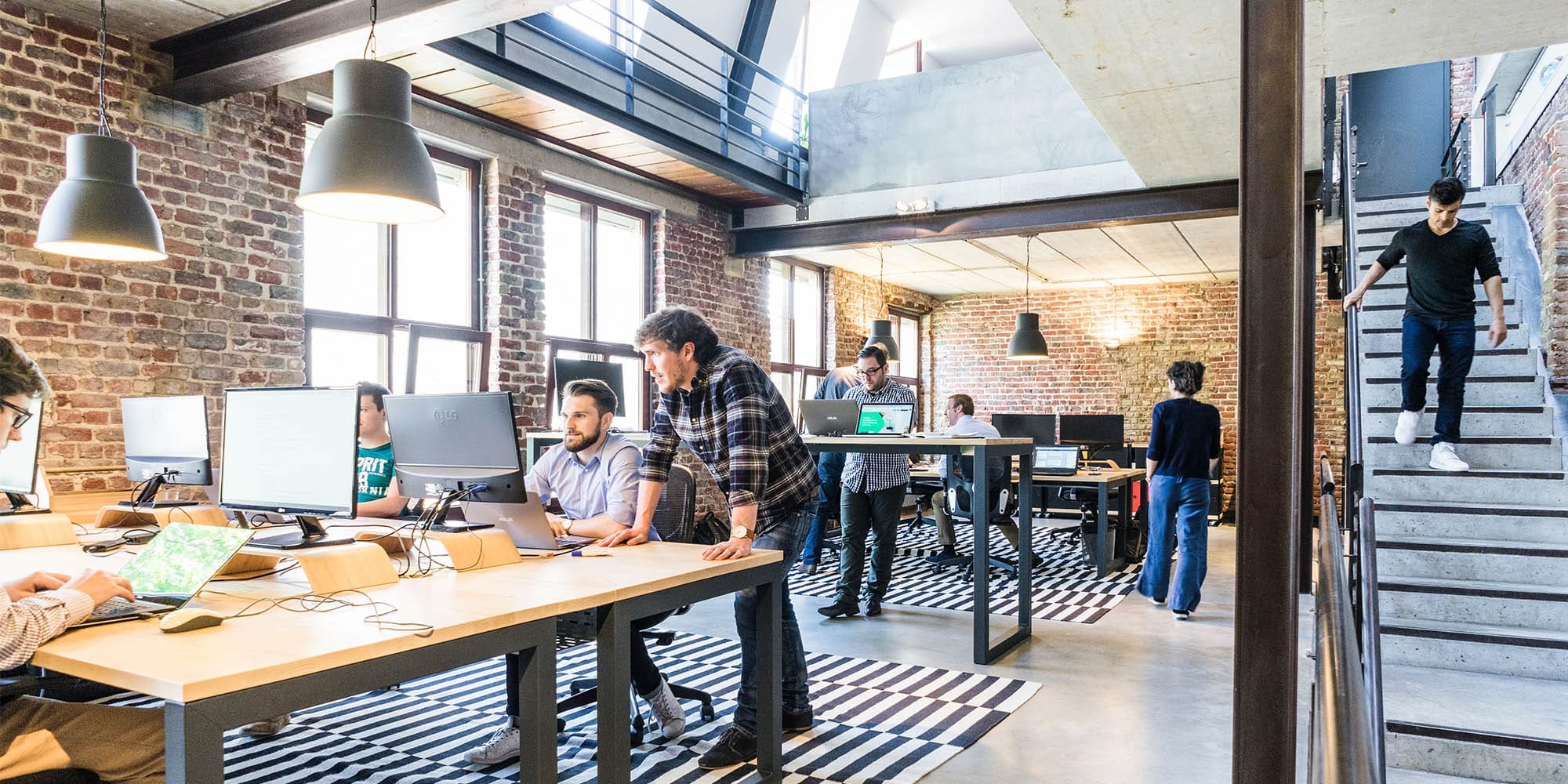These folks left corporate jobs for startup careers — and never looked back
By Barry Chong | September 17, 2019

If you’ve ever felt like you can’t break out of the corporate cubicle, you might want to consider a career at a startup. Fast-growing and often hiring, startups encourage employees to take risks, learn on the fly, cultivate new skills and make bold business decisions. In other words, you’re expected to act like an entrepreneur and an employee.
But we understand: making a career change is hard — scary even. That’s why you should check out the talent programming at Elevate, Canada’s largest tech festival, held every year across downtown Toronto. This Sept. 26, MaRS hosts two special events for people curious about working at a startup. First, Sampler chief of staff Shonezi Noor talks about winning strategies to attract and retain the best people (MaRS Auditorium; 2:55 p.m.). Next, a panel featuring three professionals — Nadia Kumentas, Ryan Skrobar and Fiona Gao — that left great gigs for new roles at some of the country’s most exciting startups (MaRS Auditorium; 3:10 p.m.).
Recently, we asked each panelist to share some words of wisdom with those nervous about making the move into tech. Here’s what they had to say.
Haven’t got your Elevate passes yet? Get them here before it’s too late.
Nadia Kumentas, vice president of marketing at Muse
If you’re looking for a new job, always follow your passion — but don’t forget to do your research. Sage advice from Nadia Kumentas, a former competitive swimmer and naturopathic doctor who places wellness at the core of her personal and professional identity. Nadia had wanted to work at meditation startup Muse for some time, so she did some sleuthing and identified the company’s skill gaps. “Recruiters love when you do the heavy lifting for them,” Nadia says. “Most startups don’t have time to hire. I told Muse exactly how my experience could meet their wants and needs. I made the process easy for them.” Today, she’s is in charge of shaping and sharing Muse’s incredible story. Most importantly, Nadia’s fulfilled, because she knows her work is helping regular people live healthier lives.
Ryan Skrobar, director of operations at Ulula
Most people avoid applying for roles because they lack experience. Here’s the thing: often it’s a person’s soft skills that make all the difference. Ryan Skrobar spent almost a decade in the world of corporate finance before joining Ulula, a tech company that makes supply chains more sustainable. And he couldn’t have been a better fit. “I tell people to never ignore the feeling of being stuck,” Ryan says. “Talk to lots of people who are different from you and learn about their organizations. You’ll be surprised when, where and how many opportunities pop up.” It turns out many of his managing and consulting talents transferred seamlessly into the startup game. What Ryan’s coworkers enjoy most about him, though, are his social skills and commitment to social responsibility.
Fiona Gao, senior director of marketing, eSight
Some of the best features of startup life are tight-knit teams and the absence of bureaucracy. So, it’s best to try to get along with your team members, especially since decisions must be made quickly and without friction — personal, administrative or otherwise. Fiona Gao loved everything about vision-restoring company eSight: its mission, tech and, of course, its people. “Before starting my new job, I talked to all of the startup’s stakeholders and had honest conversations,” says Fiona. “It’s all worked out great. I learn from team every single day.” Fiona has previous3ly held senior positions in the entertainment and automotive sectors. But her inherent entrepreneurial nature and desire to make positive change drew her to the startup community: “I think the key to great marketing is finding the emotional value of a product. And that’s quite seamless when you work for a company that’s in the business of touching lives and giving back.”
Can’t make the panel but want to meet some tech leaders? Register for the MaRS Startup Open House, a free event for job seekers looking to make an impact.
 Barry Chong
Barry Chong